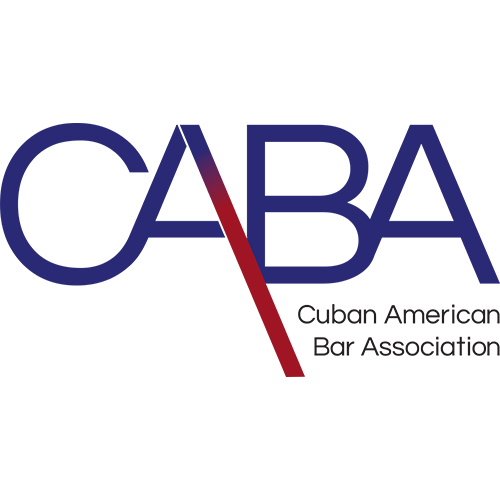Wrongful Deaths Involving Children and the Elderly
No one can set a price on human life, but it is one that courts and juries are required to attempt to do so in wrongful death actions. Because the primary measure of damages in a wrongful death action is pecuniary (financial) loss, the death of a child brings up particular difficulties. When an adult dies, the pecuniary loss to the family is more quantifiable. For example, when a parent dies, a child may seek damages for loss of the parent’s care, income, nurturing, and guidance. When a child dies, the parents’ recovery is limited to their pecuniary loss. Attorneys experienced in handling wrongful death cases can help explain these and other legal concepts and be your best allies at this time of terrible loss.
When a child dies, pecuniary injuries are determined by:
- The age, sex, life expectancy, work expectancy, state of health, and habits of the child;
- The child’s earning potential;
- The relationship of the decedent to those claiming a pecuniary loss; and,
- The health, age, and circumstances of those claiming pecuniary losses.
Clearly, much of this inquiry is speculation, and the younger a child is at the time of death, the harder it becomes to determine pecuniary loss to the parents. A jury may consider what the child would have contributed to the parents’ support, but this should not be pure guesswork. Juries often use life expectancy charts as a starting point for calculations. Rules against jury speculation do not necessarily limit parents to small recoveries, but courts generally affirm small awards for the deaths of children. Because of these complexities, it is important to have an attorney who is experienced in bringing wrongful death actions and who will know the best ways to establish damages.
Many people inquire about wrongful death actions for fetuses. States vary on whether you may bring a wrongful death action when a fetus dies. Many states require that a child be born alive for its death to constitute the first element of a wrongful death action. Thus, the death of a fetus is frequently not actionable, nor is the parents’ emotional injury from losing the fetus. However, an attorney should advise you as to whether you can sue for the wrongful death of a fetus in your state.
In the same way that the death of a child might not produce a large award of damages, the death of an elderly person also has somewhat limited recovery potential. Modest awards for the deaths of elderly people are due to several factors. First, it is often assumed that someone past the age of retirement no longer has significant earning potential. Second, the children of elderly people are usually adults who no longer need the same guidance, support, or nurturing of their parents as they did as children. Seeking the professional assistance of an attorney with vast experience in handling wrongful death matters will help you determine whether you are able to bring a wrongful death action based on the death of a child or an elderly person, and help estimate the damages to which you might be entitled.
DISCLAIMER: This site and any information contained herein are intended for informational purposes only and should not be construed as legal advice. Seek competent legal counsel for advice on any legal matter.





